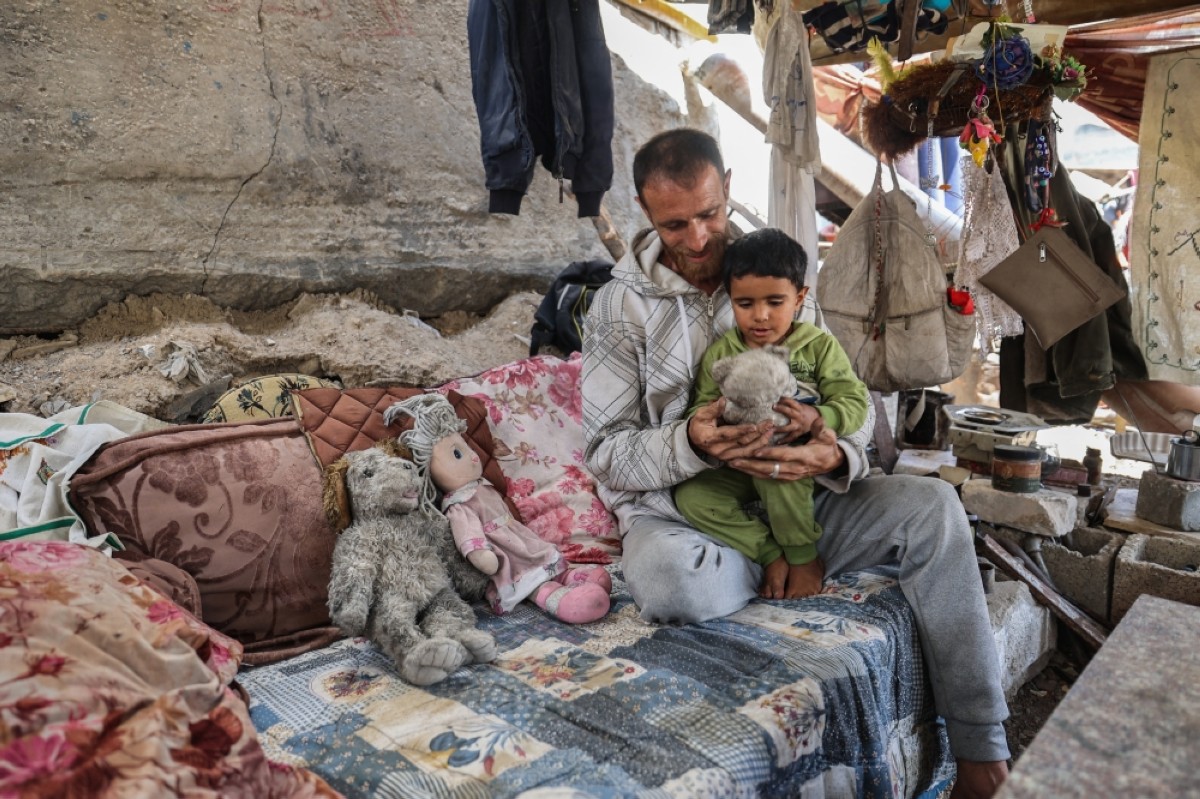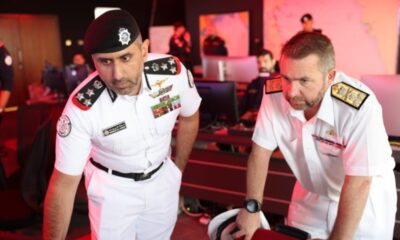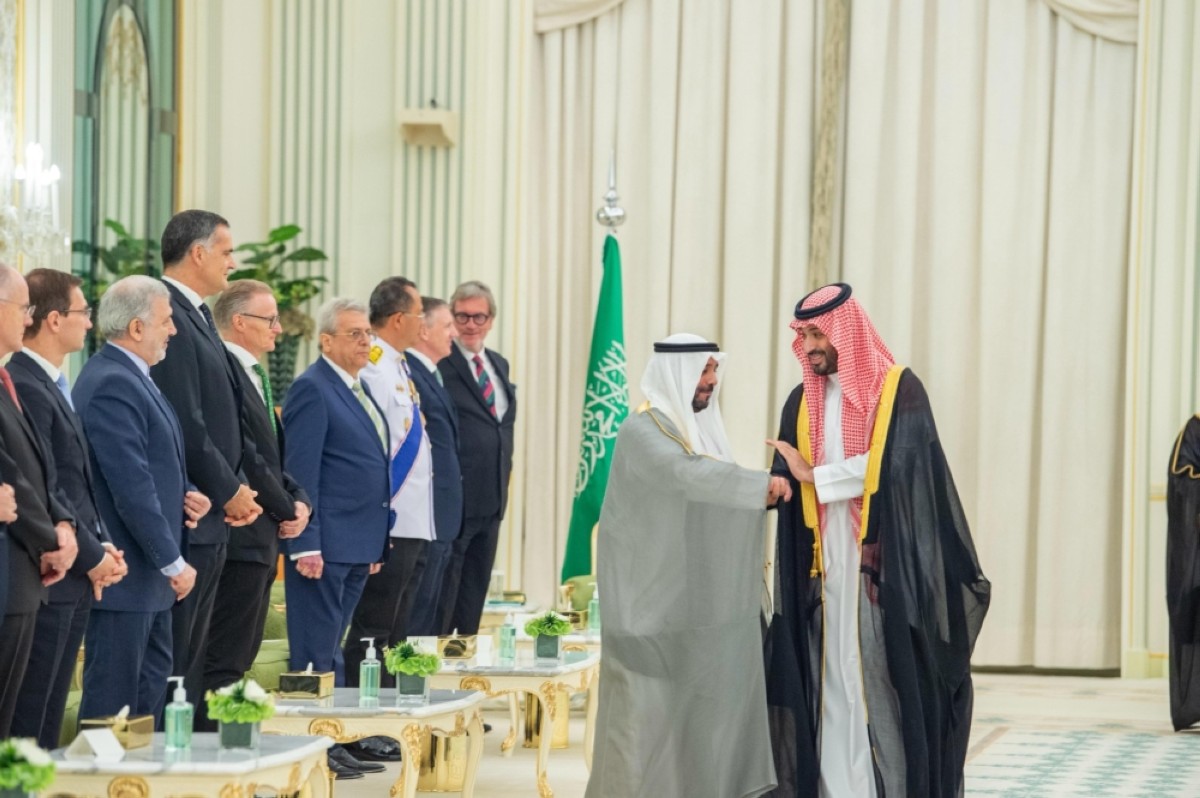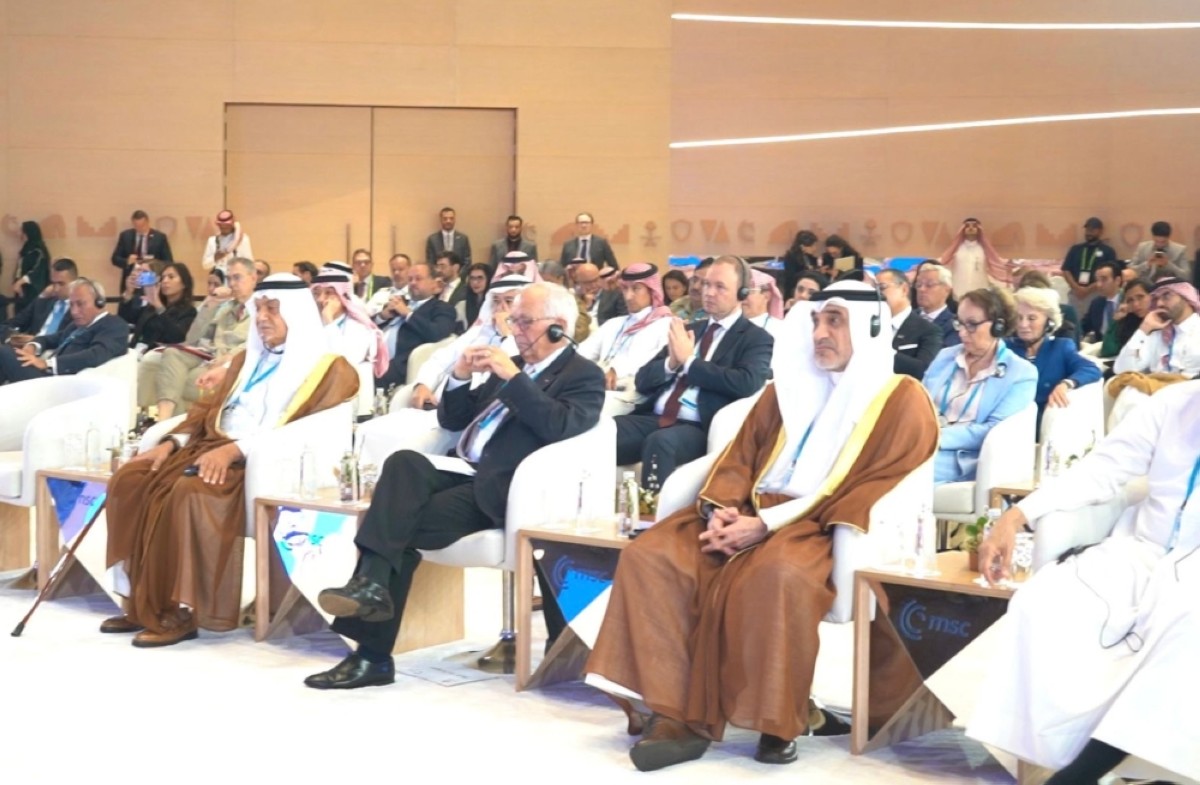PARIS: Kuwait strongly condemned the Zionist entity’s obstruction of humanitarian aid to Palestinians during a hearing at the International Court of Justice (ICJ) on Wednesday, describing the actions as a blatant violation of international humanitarian law, UN Security Council resolutions, and relevant ICJ rulings.
Speaking before the court in The Hague, Kuwaiti Ambassador to France Abdullah Al-Shahin criticized the Zionist occupation authorities for deliberately hindering the work of UN agencies and blocking the delivery of essential services and humanitarian assistance to civilians in the occupied Palestinian territories. “These ongoing practices, including the deliberate siege, starvation, and the targeting and killing of relief teams, constitute serious crimes against humanity,” Al-Shahin said during Kuwait’s oral arguments.
He emphasized the need to respect international law, particularly the 1946 Convention on the Privileges and Immunities of the United Nations, which guarantees UN agencies the right to operate freely without interference from occupying powers. Kuwait reaffirmed its unwavering support for the legitimate rights of the Palestinian people and stressed the importance of upholding all relevant treaties and conventions.
Kuwait’s testimony comes amid growing international concern over the deteriorating humanitarian situation in Gaza. The Zionist entity strictly controls all inflows of international aid to the Gaza Strip, home to 2.4 million Palestinians. It halted aid deliveries on March 2, days before unilaterally breaching a short-lived ceasefire agreement. The UN World Food Program warned last week that it had dispatched its “last remaining food stocks” to community kitchens.
During the same session, several other states echoed Kuwait’s concerns. Participants in the hearings stressed the need to uphold international law and safeguard the work of the United Nations Relief and Works Agency for Palestine Refugees (UNRWA). France’s representative, Diego Colas, called for the immediate and unrestricted flow of humanitarian aid into Gaza. “Our position is firm and unwavering — humanitarian assistance must reach Gaza widely and swiftly, and all barriers to this access must be lifted without delay,” he said.
Turkish Deputy Foreign Minister Nuh Yilmaz warned that “chaos and massacres prevail when there is no law to deter the Zionist occupation,” describing the situation in Gaza as approaching genocide and cautioning that similar atrocities could spread to the West Bank without urgent international action. Iran’s representative, Kazem Gharibabadi, compared the mass displacement in Gaza to the 1948 Nakba, calling the current crisis “a clear example of crimes against humanity, especially when compounded by the obstruction of humanitarian aid.”
Kuwait had already submitted a detailed written argument to the ICJ on February 28, 2025, reaffirming its principled and consistent stance on the Palestinian cause and its support for international efforts to secure the Palestinian people’s full rights. While ICJ advisory opinions are not legally binding, they are regarded as carrying “great legal weight and moral authority.” — Agencies


 Business19 hours ago
Business19 hours ago
 Politics12 hours ago
Politics12 hours ago
 Latest News17 hours ago
Latest News17 hours ago
 Latest News19 hours ago
Latest News19 hours ago
 Latest News9 hours ago
Latest News9 hours ago
 Politics9 hours ago
Politics9 hours ago
 Latest News8 hours ago
Latest News8 hours ago
 Politics10 hours ago
Politics10 hours ago



















